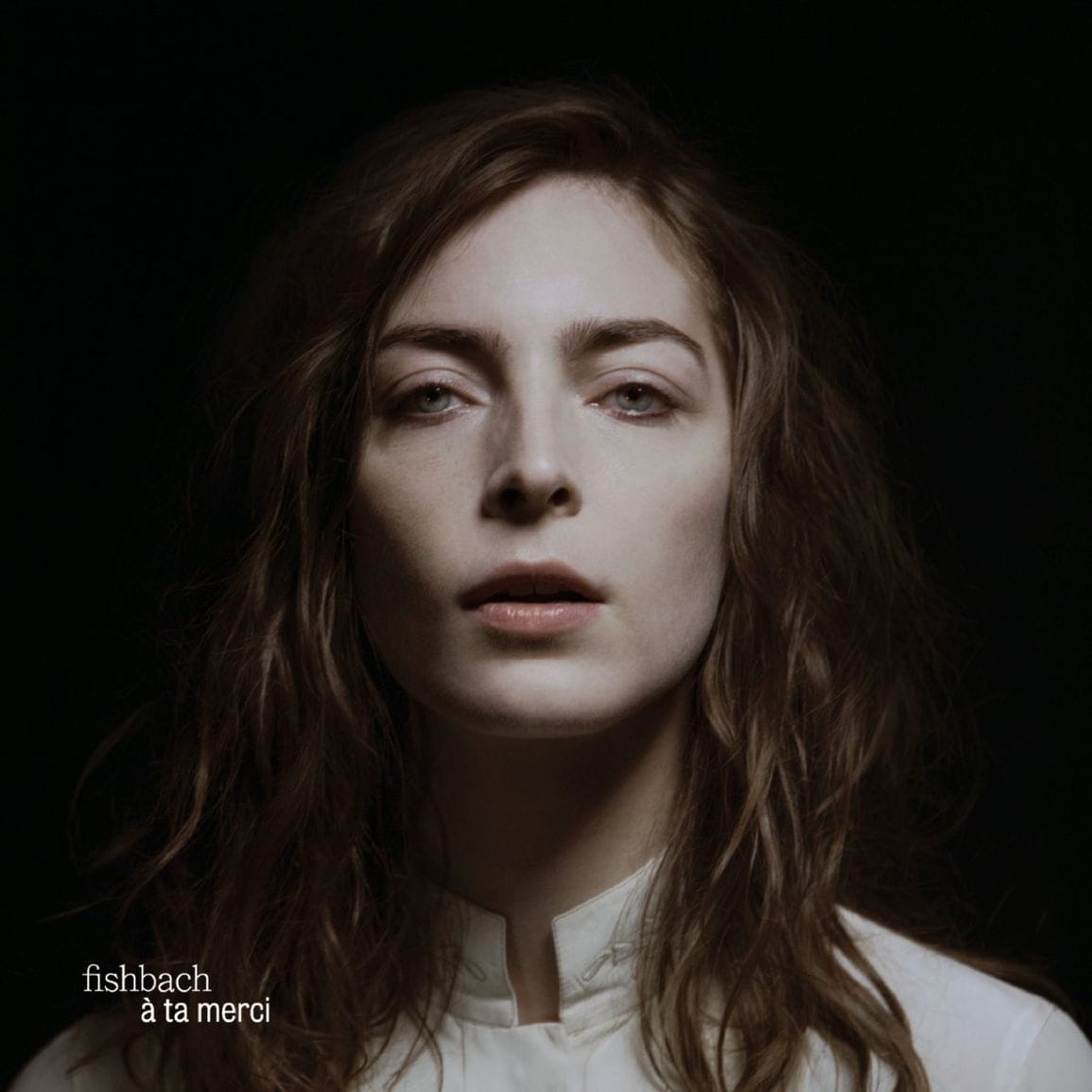When you think of French music, accordion sounds in a Parisian bistro spring to mind. Perhaps the classic chansons of Edith Piaf, the rock of Johnny Hallyday or the random EDM banter of David Guetta.
But now, away from the international spotlight, a trained shoe saleswoman is making her way into the music Olympus. Flora Fischbach, alias Fishbach, is only 26 years old, but her music sounds as if it has matured over decades. So it's no wonder that the chanteuse made her breakthrough in her home country with ease.
The album À Ta Merci was released in France in January 2017 and won the prize for best independent debut at the «Prix des Indés». The album is now being released in a deluxe version. So it's high time to track down the Fishbach phenomenon.
Divine sounds
Born in Dieppe in Normandy and raised in Charleville-Mézières near the Belgian-French border, Flora Fischbach fell in love with two passions: A love of her parents' records and Rimbaud's poetry.
She dropped out of school at the tender age of 15 and eked out a living with odd jobs. She had already started making her own music at home on her iPad. But a legend was responsible for the initial spark: Patti Smith, also a Rimbaud lover, played at «Chez Rimbaud». It was this performance that set the young Flora Fischbach on her path.
I like to push the boundaries of my voice.
So the budding musician set to work on her first album, in which the surrealist verses of Rimbaud and Patti Smith were to resonate. À Ta Merci—which translates to «at your mercy»—doesn't beg for attention; the album demands it in no uncertain terms. There are twelve songs on this debut album, and the deluxe version that is now being released includes two new tracks and five live recordings of their sold-out show at the Parisian establishment «Le Bataclan».

So much for the bare figures. Surprisingly, the album doesn't start overwhelmingly. Ma voie lactée, driven by a synth hook, seems like a blueprint. The sound holds back while Fishbach's voice takes all the limelight. A piece that breaks down the mystique of her contra-alto voice and her mysterious pop to its essence. «I like to push the boundaries of my voice, the noise of the synths and the noise of the lyrics,» Fishbach said recently.
Then Fishbach does an about-turn: around is what you'd expect. The arrangement overflows with epic fatality in the chorus, forming a counterpoint to the spartan verses. An insane track full of pathos. There's no getting around it: Y crois-tu has something sacred about it, something divine.
Fishbach always seems like a deity—androgynous and eternal. A few weeks ago, she released a video for the song Mortel with footage from concerts and her tour. When she is on stage, she seems caught between worlds, physically present and yet not in the same place as us mortals. Mortel is just as powerful as Y crois-tu and yet sounds completely different: rockier, poppier and more brute.
Dangerous pieces
If you just listen to À Ta Merci, you won't notice it. But the album is anything but uniform. Pop mixes with chanson, hymns with ballads. Eternité drives inexorably forward. Un beau langage, on the other hand, rocks slowly in beautiful sadness. The two tracks that follow each other on the album do not fit together.
Despite these constant contrasts, À Ta Merci would never be described as a patchwork quilt. It is eccentric music - created by and for eccentrics. «Every song is a woman that I could have been, that I could be or that I will be,» says Fishbach. «There is nothing more beautiful than the universality of variété.»

Fishbach's sounds are captivating. The breadth of her sound world leaves room for every taste. And the timelessness of her pieces is fascinating. One could spend hours discussing which songs are the strongest on the album. However, it is undisputed that Fishbach is a paradox: the more pop she mixes into the songs, the better they become. Un autre que moi is one of these examples. Simple in structure, strangely familiar. Or Le châteu and On me dit tu, which mixes the glittering disco era and mysterious synth-pop à la New Order.
Then there are the really dangerous pieces. Feu, for example, sounds like the soundtrack to a gun duel. The church bells ring menacingly—a deep black western. By the time the ride in the sound really gets going, Feu has long since dragged you into its maw.
Timeless Manifestos
À Ta Merci is an album full of contradictions. An album with twelve tracks that all sound as if they come from another dimension. Fishbach has made no compromises on her debut. She can't be reduced to a tiny piece; she wants and needs the full spectrum.
When you listen to À Ta Merci, you have to keep reminding yourself: This is an artist's first album—that's how powerful this work is. Every single song is a timeless manifesto. The references to the 80s are omnipresent, but the sound cannot be labelled as retro. There is no instruction manual to decipher Fishbach's secret of Fishbach. All attempts fail due to the multifaceted nature of their sound. It's far too easy to get lost in their labyrinth.
Then again, you have to seriously ask yourself: do you even want to dispel this mysterious fog that surrounds this lady?

Fishbach – À Ta Merci
Release: 11/02/2018
- Ma voie lactée
- Y crois-tu
- Eternité
- Un beau langage
- Un autre que moi
- Feu
- On me dit tu
- Invisible désintégration de l'univers
- Le château
- Mortel
- Le meilleur de la fête
- À ta merci
- Dans une boîte en papier





